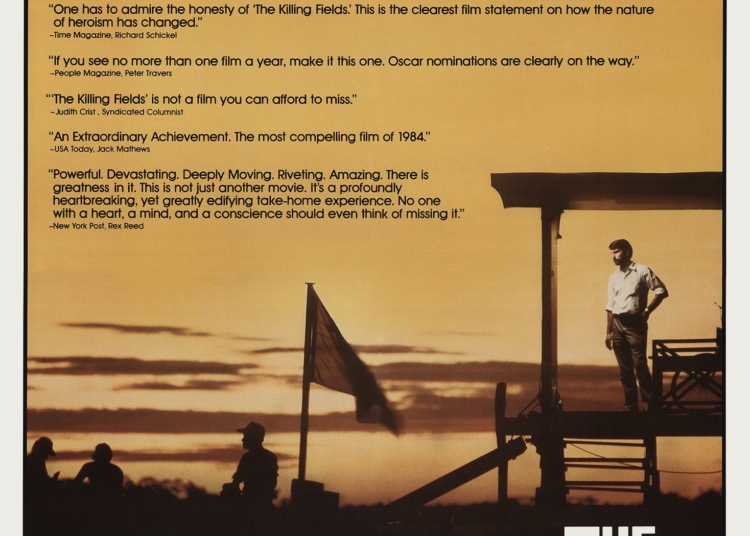War has had a profound impact on human history, and music has played a significant role in capturing the emotions of military experiences. From ancient drums to modern orchestral compositions, music has provided comfort, camaraderie, and healing for soldiers throughout history. The role of music in military history includes its use in signaling orders, boosting morale, and expressing emotions during the American Civil War. In more recent wars, music has been used as a psychological tool to uplift spirits and promote unity among soldiers. Composers have also sought to capture the emotional impact of war through powerful compositions. Additionally, music therapy has emerged as a means of healing for veterans, helping them express and process their traumatic experiences. The power of music to capture the essence of war and help soldiers find their way back home is undeniable.
The Soundtrack of War: How Music Captures the Emotions of Military Experience
Introduction
Heading: Introduction
War is a phenomenon that has left an indelible impact on human history. Soldiers have witnessed unimaginable horrors on the battlefield, enduring physical and emotional traumas. In the face of adversity, music has played a significant role in capturing, expressing, and soothing the emotions of those who have served in the military. From the drums of ancient warriors to the powerful orchestral compositions of modern times, music has resonated with soldiers throughout history, serving as a powerful source of comfort, camaraderie, and healing.
The Role of Music in Military History
Heading: The Role of Music in Military History
Music has accompanied warriors in battles for centuries. In ancient times, armies utilized drums, bugles, and trumpets to signal orders, maintain discipline, and boost morale. The rhythmic beats of drums stirred the adrenaline in soldiers, preparing them for combat, while bugle calls provided distinct signals during different military operations.
During the American Civil War, music was a cornerstone of military life. Soldiers from both sides would gather around campfires and sing emotional songs that reflected the realities of war. These songs allowed soldiers to express their fears, longing for home, and the bonds formed in the face of adversity. The iconic tune “The Battle Hymn of the Republic” became a rallying cry for the Union troops, igniting their spirits during one of the bloodiest conflicts in American history.
Music as a Psychological Tool
Heading: Music as a Psychological Tool
As warfare evolved, so did the use of music to address the psychological needs of soldiers. During World War I, music became a powerful tool to uplift spirits and promote unity amongst soldiers. Trench warfare created a sense of isolation and hopelessness, but music provided an escape from the dehumanizing conditions. Soldiers would gather for impromptu concerts, singing and playing instruments, momentarily transcending the horrors around them.
In World War II, armed forces recognized the importance of music for emotional well-being and turned to creating official military bands. These bands, composed of talented musicians, played music that boosted morale during difficult times. The melodies provided respite from the chaos, reminding soldiers of their shared humanity and the possibility of a better future.
Capturing Emotions Through Composition
Heading: Capturing Emotions Through Composition
Composers have long sought to capture the emotions evoked by war and military experiences through their compositions. From classical composers like Beethoven and Tchaikovsky to modern maestros like Hans Zimmer and John Williams, music has served as a medium to convey the nuances of warfare.
The emotional impact of war can be felt in powerful compositions such as Samuel Barber’s “Adagio for Strings” and Benjamin Britten’s “War Requiem.” These pieces reflect the solemnity and tragedy of war, evoking feelings of sorrow, loss, and remembrance. On the other hand, compositions like John Philip Sousa’s “Stars and Stripes Forever” and Edwin Eugene Bagley’s “National Emblem March” embody the patriotic pride and bravery associated with military service.
Healing through Music
Heading: Healing through Music
For soldiers returning from war, the process of healing can be long and arduous. Post-traumatic stress disorder (PTSD) affects many veterans, imposing psychological and emotional burdens. Music therapy has emerged as a powerful means of treating the wounds of war.
Through music therapy, veterans can express and process their traumatic experiences in a safe environment. The creative process of writing songs or playing instruments can provide an outlet for their emotions, helping them navigate the complexities of their internal struggles. Music therapy has been shown to reduce symptoms of depression and anxiety, promote relaxation, and improve overall well-being.
Conclusion
Heading: Conclusion
The soundtrack of war carries the weight of history, harnessing emotions that words cannot. From the rhythms of ancient warriors to the poignant melodies of modern times, music has been intrinsic to the military experience. As soldiers face adversity and trauma, music provides solace, unity, and healing. It is a testament to the power of music that it can capture the essence of war, human emotions, and, ultimately, help soldiers find their way back home.













